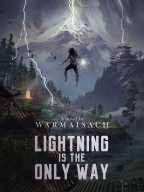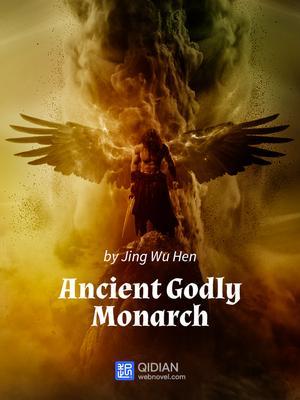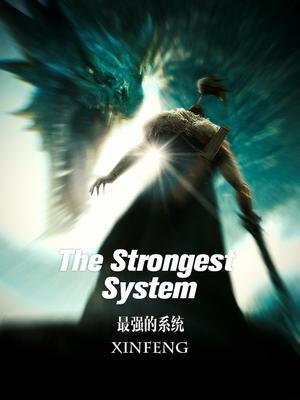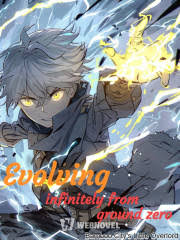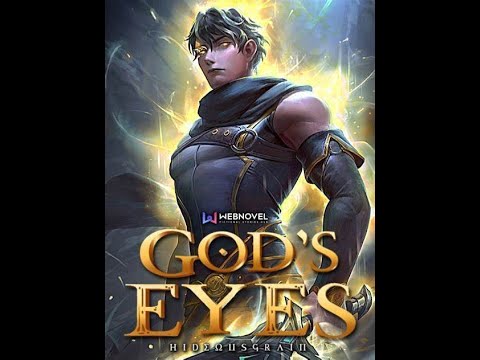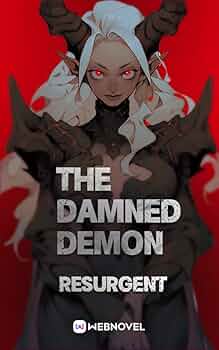The Story in 3 Sentences
Gravis begins his journey as the sheltered son of the heavens’ most powerful being, only to realize he has been used as a pawn in Heaven’s scheme against his father, forcing him to confront the brutal realities of cultivation without relying on privilege or luck .
He ventures into lower worlds to undergo life-and-death tempering, mastering lightning-based cultivation while battling Heaven’s relentless oppression, which manifests as catastrophic bad luck designed to break his spirit at every turn .
Through millennia of cultivation across multiple realms and universes, Gravis evolves from a naive youth to a formidable force challenging cosmic authority, ultimately discovering that true power requires integrating his humanity with the very lightning meant to destroy him .
Why It Stands Out
1. The Anti-Providence Narrative
Unlike typical cultivation stories where heaven blesses the protagonist with lucky chances, this novel flips the paradigm by making Heaven itself the primary antagonist that actively sabotages the MC at every opportunity . This creates constant tension and creative problem-solving as Gravis must overcome artificially manufactured catastrophes rather than rely on divine favor, resulting in a more compelling underdog story despite his powerful lineage.
2. Psychological Progression Over Power Fantasy
The novel meticulously documents Gravis’ psychological transformation across 1,329 chapters, showing how centuries of cultivation and trauma fundamentally reshape his personality from idealistic to ruthless to philosophically balanced . This emotional evolution receives equal attention to power progression, creating a protagonist whose internal struggles are as engaging as his battles against cosmic enemies.
3. Cosmology-Based Cultivation System
Rather than using standard qi condensation stages, the power system integrates directly with cosmic laws and fundamental forces of existence, where comprehending concepts like energy manipulation and primordial forces becomes more important than mere energy accumulation . Higher realms involve creating personal cosmoses and manipulating the very fabric of reality, making power progression feel genuinely cosmic in scale rather than just increasingly large numbers.
Characters That Leave a Mark
There’s Orthar – The primordial creator being who established the cosmic system and laws that define reality, serving as both mentor and obstacle to Gravis as he progresses toward challenging heaven itself .
You’ll meet The Opposer, who represents the necessary counter-force to creation and becomes instrumental in helping Gravis understand the balance required to ultimately challenge heaven’s authority .
And Meadow? They’re the rare companion who manages to survive significant portions of Gravis’ journey despite his heaven-cursed luck, providing moments of genuine connection and humor in an otherwise bleak narrative landscape .
The Flaws Fans Debate
The writing style frequently becomes repetitive and overly explanatory, with multiple sentences restating the same concepts in slightly different wording throughout the novel, particularly noticeable in early chapters .
Heaven’s interference through bad luck sometimes feels arbitrarily applied to create conflict rather than organically emerging from the story, with even minor positive moments being attributed to heaven’s manipulation to make Gravis complacent .
The ending, while philosophically consistent, delivers a rushed feeling to many readers after the immense build-up, with significant cosmic conflicts resolved relatively abruptly compared to the detailed journey toward them .
Must-Experience Arcs
Ch. 1–300: Mortal Foundation Arc – Gravis’ initial descent into lower worlds and his grueling foundation-building through body tempering and energy gathering realms, establishing his determination despite heaven’s active opposition .
Ch. 600–900: Law Comprehension Arc – The transition into higher cultivation through understanding cosmic laws and developing will aura capabilities, featuring innovative battles against opponents who manipulate reality itself .
Ch. 1200–1329: Cosmic Ascension Arc – The final confrontation with heaven and revelation about the true nature of reality and power, culminating in Gravis achieving his ultimate form and purpose .
Killer Quotes
“Only true power brings true freedom.”
“As long as he remained his weak self, he would certainly constantly remain under Heaven’s injustice.”
“In the Primordial Chaos, everything was everywhere all the time.”
Cultural Impact
The novel sparked extensive discussion on cultivation novel tropes and their subversion, with many readers appreciating the absence of young masters and family honor plots that dominate the genre .
Despite being an English original, it developed a dedicated fanbase that created detailed wikis documenting its complex power system and cosmic hierarchy, with particular attention to how concepts like will aura and energy manipulation work .
The phrase “This is tiring” from character reactions to endless cultivation struggles became a minor meme within the community to express exhaustion with repetitive plot elements in cultivation stories generally .
Final Verdict
Start Here If You Want:
A cultivation story that systematically deconstructs genre tropes rather than embracing them, offering a fresh take on cosmic-scale progression.
A protagonist whose psychological development receives as much attention as his power growth, featuring believable personality evolution across centuries of life experience.
A power system based on comprehending fundamental forces of reality rather than simple energy accumulation, with creative applications of lightning-based abilities.
Study If You Love:
Stories that integrate philosophical concepts about freedom, oppression, and the nature of power into their narrative framework and character development.
Cosmic-scale worldbuilding where cultivation realms eventually involve creating personal universes and manipulating the fabric of reality itself.
Antagonistic relationships with conceptual entities like heaven or fate that actively oppose the protagonist rather than merely serving as abstract obstacles.
Avoid If You Prefer:
Fast-paced action without philosophical asides, as the novel frequently pauses for extended explanations of its power system and character motivations.
Stories with extensive romantic subplots or large supporting casts, as the protagonist’s heaven-cursed luck prevents most meaningful long-term relationships.
Conventional power fantasy where protagonists enjoy lucky breaks and divine favor, as this narrative maintains consistent opposition to the MC’s progress.
